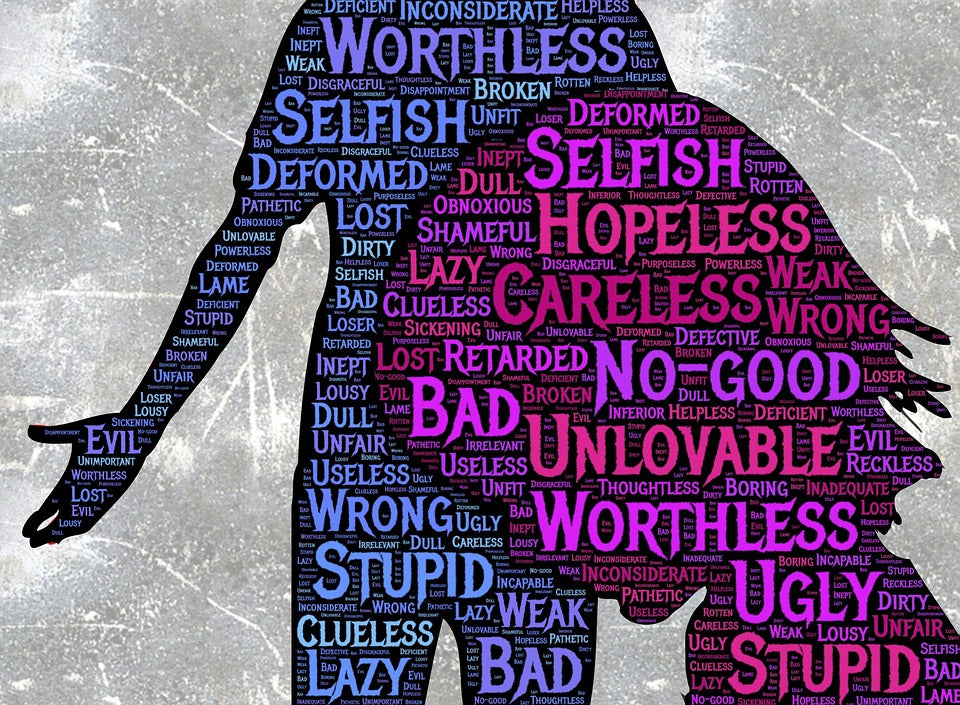Dolores Umbridge
Cinderella’s Stepmother
Lord Raith
These names speak of people in positions of authority—parents, teachers, caretakers, political superiors, religious figures—that inflict emotional, psychological, and physical abuse on the people in their care. They tend to be more “villainous”, but many of them are simply people with their own history of abuse perpetrating the cycle (“hurt people hurt people”).
Return to main list
Abusive Authority Figure: The Origin
For as long as humans have existed, there has existed the potential for us to harm one another. People who are scared, have suffered abuse, lonely, lack empathy, or simply seeking to find their place in a world they feel they don’t belong will often use their power to harm others. The abuse can often be a way to take control or gain power. There are thousands of studies, articles, dissertations, books, and treatises on why people become abusive. According to an article on Psych Central, it often boils down to a handful of reasons:- They have anger issues. Unmanaged/uncontrolled rage often leads to abusive behavior. The source of this anger is usually linked to a traumatic event, and it’s much harder for the person to control.
- They were abused. Abusers may act out of a subconscious desire to resolve their own abuse, and it tends to be identical to the abuse that was heaped upon them in the past. They may also abuse those who resemble their abuser. Some people victimize their opposites, i.e.; boys sexually abused by men can grow up to sexually abuse women.
- They grew up around an abusive addict. Addicts tend to blame others for their addictive and destructive behavior, so they have to accept that the abuse is their fault. This leads them to ultimately blame others for their abusive actions later in life.
- They have a disorder. Anti-social personality disorders and sadism can both lead to abuse. Either their disorder causes them to derive pleasure from the abuse, or they perceive the abuse as a means to an end. Personality disorders can affect perception of reality, this increasing the risk of abusive behavior.
- They were exposed to something that glorified or minimized abuse. If children are exposed to things that make abuse seem cool, normal, or acceptable, they may grow up to believe that, which ultimately contributes to abusive behavior.
- They have control issues. Abuse may be a means of gaining control through bullying, intimidation, or physical, emotional, or psychological violence.
- They are afraid. Abusers may act out of fear, justifying their abusive actions with their emotions being the reason they have to make the other person do what they want.
- They are defensive or exhausted. When someone feels “backed into a corner”, they may lash out physically, emotionally, or psychologically as a defense mechanism. Physical and mental exhaustion can lead to breakdowns, which can be accompanied by violent or abusive (destructive) behavior.
- They lack empathy. Personality disorders, environmental traumas, and even certain types of trauma to the head/brain can prevent a person from feeling or being able to express empathy. When there is no empathy with how a person feels, it’s much easier to abuse them.
- They lack or don’t understand boundaries. To some abusive people, their spouse, children, and/or friends are simply an extension of them, their belongings. Those people have no right to boundaries, and thus are subject to whatever the abuser decides is right for them.
In Stories
Abusive figures of authorities are seen in the vast majority of fictional works, and they come in all shapes, sizes, and rationales:- The Dursleys in Harry Potter are physically, emotionally, and verbally abusive to Harry, both out of anger at the death of his mother/Petunia’s sister (which they blame him for) and as a manipulative tool to keep Dudley in line.
- Peeta’s mother in The Hunger Games beat him for burning two loaves of bread in the oven. She also wished Katniss luck in the games, insinuating that she’d rather Katniss wins than her son (ergo, Peeta dying in the games).
- Gabe, Percy’s stepfather in the Percy Jackson series was physically and verbally abusive to Percy for years, ultimately abusing Percy’s mother as well.

